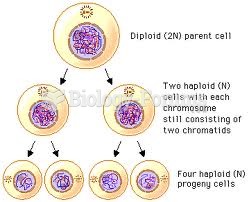|
|
|
All patients with hyperparathyroidism will develop osteoporosis. The parathyroid glands maintain blood calcium within the normal range. All patients with this disease will continue to lose calcium from their bones every day, and there is no way to prevent the development of osteoporosis as a result.
Blood is approximately twice as thick as water because of the cells and other components found in it.
As many as 20% of Americans have been infected by the fungus known as Histoplasmosis. While most people are asymptomatic or only have slight symptoms, infection can progress to a rapid and potentially fatal superinfection.
Urine turns bright yellow if larger than normal amounts of certain substances are consumed; one of these substances is asparagus.
When blood is exposed to air, it clots. Heparin allows the blood to come in direct contact with air without clotting.







